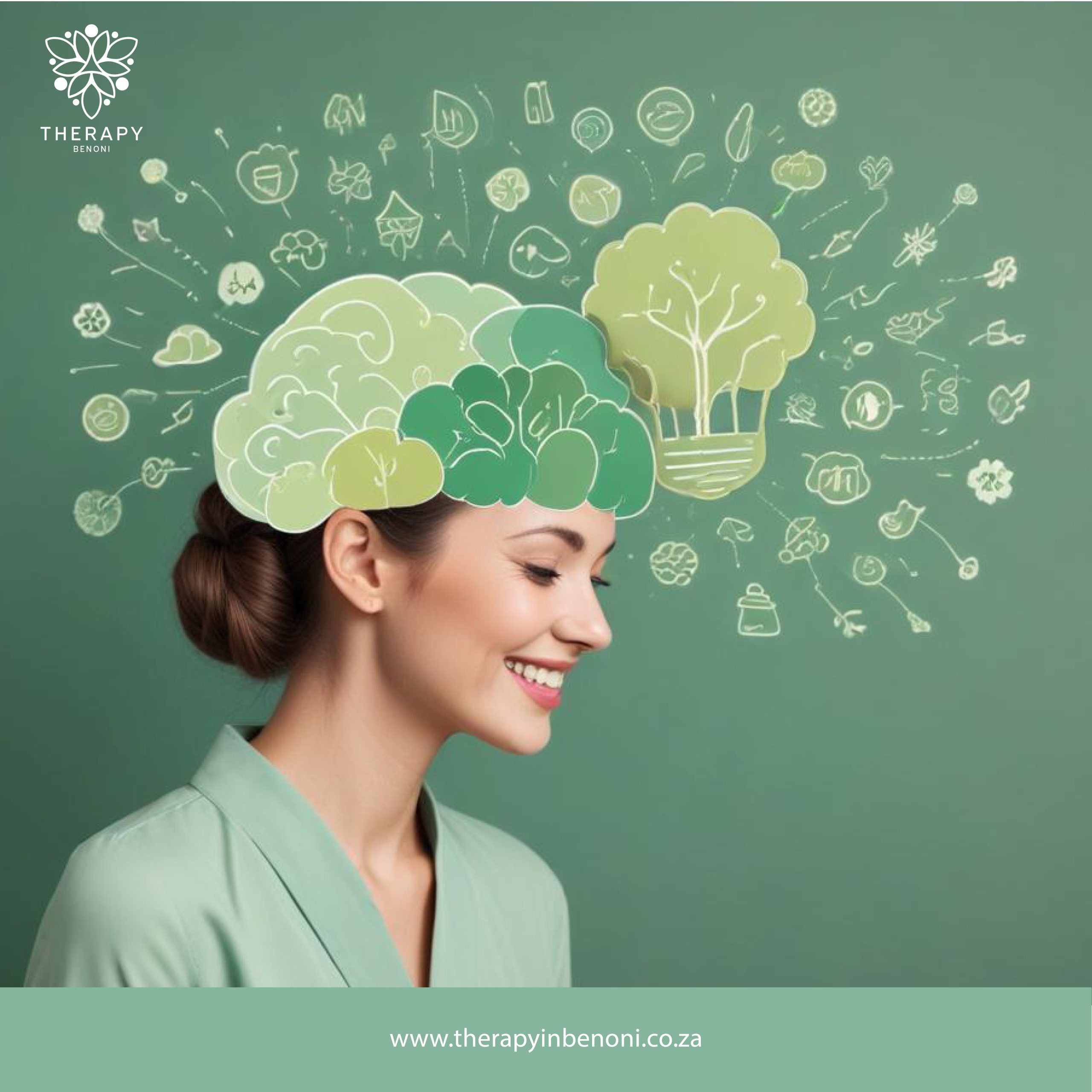Benefits and Techniques of Mindfulness for Kids in Benoni
Mindfulness Therapy for Children in Benoni
Understanding Mindfulness Therapy
Mindfulness therapy involves techniques that increase awareness and reduce stress. It is especially beneficial for children in developing self-regulation skills. Sessions are adapted to be engaging and appropriate for young minds. The focus is on developing a calm and present demeanor.

Main Benefits of Mindfulness for Children
Mindfulness helps children manage anxiety and improve concentration. It enhances emotional regulation and reduces impulsivity. Regular practice leads to better stress management. These benefits contribute to a more balanced emotional state in children.

Core Techniques of Mindfulness Therapy
Popular techniques include breathing exercises and guided imagery. Mindfulness can also involve progressive muscle relaxation. Activities are designed to be fun and interactive, suitable for children’s participation.
Choosing a Mindfulness Therapist
Selecting the right therapist is crucial in mindfulness therapy. Look for professionals with experience in working with children. Therapists should create a safe and comforting environment. A good fit between the therapist and child enhances the effectiveness.
Introduction to the Therapy Sessions
First sessions will introduce children to basic mindfulness concepts. Techniques such as noticing and acknowledging feelings are taught. Sessions progress gradually, building on previously learned skills. Engagement is key to maximizing the benefits.


Integrating Mindfulness into Daily Activities
Incorporating mindfulness into daily routines can amplify its benefits. Simple practices like mindful eating and walking are introduced. Parents are encouraged to participate and support these activities at home. Everyday mindfulness reinforces therapeutic lessons.
Preparing Children for Mindfulness Sessions
Incorporating mindfulness into daily routines can amplify its benefits. Simple practices like mindful eating and walking are introduced. Parents are encouraged to participate and support these activities at home. Everyday mindfulness reinforces therapeutic lessons.

Assessing the Improvement in Children
Improvements are monitored through observations and feedback from both child and therapist. Regular practice leads to noticeable changes in behavior and mood. Parents are pivotal in providing feedback on home-based activities.
Supporting Mindfulness Growth at Home
Home is a critical environment for reinforcing mindfulness practices. Creating a supportive space at home helps sustain progress. Activities designed for home practice can be simple yet effective. Family involvement is essential for a holistic approach.


Developing Emotional and Social Skills Through Mindfulness
Mindfulness plays a significant role in the development of emotional and social skills. These skills include empathy, patience, and communication. Techniques taught in therapy help children apply these skills in various social settings.
Handling Challenges with Mindfulness Therapy
Challenges such as lack of engagement or progress can arise. Therapists tailor strategies to better suit the child’s interests and capacity. Persistence and adaptation are key in overcoming these hurdles. Flexibility in approach can address individual needs effectively.

Sustainability of Mindfulness Practice
Sustaining mindfulness practices requires ongoing effort and commitment. Techniques should be age-appropriate and evolve with the child. Long-term practice solidifies the benefits and skills acquired. Consistency is vital for lasting effects.
Impact of Mindfulness on Academic Performance
Mindfulness positively impacts academic performance by improving focus and reducing stress. Enhanced cognitive functions support better learning and memory. Schools may integrate mindfulness into their programs to support their students well-being.

Engaging Community in Mindfulness Activities
Community involvement can enhance mindfulness practice. Local events and group sessions foster wider acceptance and participation. Community support can provide additional resources and a network for sharing experiences and techniques.

Technological Tools to Enhance Mindfulness
Technology offers tools to support mindfulness practice for children. Apps and online platforms provide guided exercises and tracking capabilities. These digital solutions can make practice more accessible and engaging for children.
The Future of Mindfulness Therapy in Pediatric Care
Mindfulness is becoming increasingly recognized in pediatric care. Research continues to explore its potential in supporting childrens mental health. Future developments may integrate more advanced practices and personalized approaches.
Stories of Transformation Through Mindfulness
Real-life stories of children who have benefited from mindfulness therapy can inspire and motivate. Such narratives highlight practical benefits and real-world applications. Sharing successes helps to promote mindfulness as a valuable therapeutic tool.
